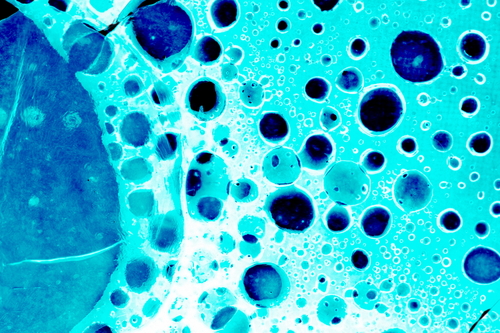In a recent study published in the journal PLOS ONE, researchers from the University of Alabama at Birmingham demonstrated that patients with acute exacerbations of idiopathic pulmonary fibrosis (IPF) responded well to therapies similar to those used to treat autoimmune diseases. Results from the study also indicate that specific autoantibodies involved in autoimmune conditions like lupus or rheumatoid arthritis play a role in patients with acute exacerbations of IPF.
“Severe acute exacerbations of IPF are medically untreatable and often fatal within days,” said in a recent news release Steve Duncan, M.D., professor in the University of Alabama at Birmingham Division of Pulmonary, Allergy and Critical Care Medicine. “We wanted to test the hypothesis that autoantibody-targeted therapies used to treat autoimmune disease also may benefit IPF patients with acute exacerbations.”
The study included 11 IPF patients who received treatment with therapeutic plasma exchanges and rituximab. Some patients also received intravenous immunoglobulin. Results from the study showed that patients who received treatment had similar results to 20 control IPF patients treated with standard steroid therapy.
The researchers used five to nine therapeutic plasma exchanges on each patient. The exchange procedure was done by pumping patient’s blood into a machine that is able to remove autoantibodies. The machine then returns the cleansed blood to the patient, reducing the number of autoantibodies.
After this stage, the researchers prescribed rituximab, a drug meant to attack and destroy B cells. Of the 11 patients, 4 were further treated with immunoglobulin, a B-cell suppressor.
Of the patients treated, the results showed that 9 patients had their pulmonary function improved in comparison to only one of the control patients. The results showed no major adverse events from the treatment.
“One-year survival of trial subjects was nearly 50 percent, which is remarkable,” said Duncan. “Acute exacerbations of IPF are almost always fatal in a very short period of time. None of the 20 historical controls survived for even a year.”
The researchers first thought of doing five plasma exchanges, but later expanded to nine plasma exchanges for each patient.
“No one had ever really done this before,” Duncan said. “There is not widespread agreement that IPF is an autoimmune disease. Our findings indicate that specific treatments that reduce autoantibodies might benefit some severely ill IPF patients with acute exacerbations. Therapies that have been developed to treat autoimmune diseases may prove to be beneficial in the treatment of these IPF patients.”
According to Duncan, these results justify the use of autoantibody-targeted therapies in patients with IPF who have acute exacerbations.
“Even though IPF is not considered a prototypical autoimmune disease, acute exacerbations may be driven by autoantibody production and the treatment strategy that Dr. Duncan advocates is highly innovative with the potential to reduce IPF mortality,” said Victor Thannickal, M.D., director of the Division of Pulmonary, Allergy and Critical Care Medicine. “It is now time for a randomized controlled trial of this treatment approach in IPF patients.”
Pulmonary fibrosis is a disease in which tissue deep in the lungs becomes thick, stiff, or scarred over time. The formation of scar tissue is called fibrosis. As the lung tissue thickens, lungs can’t properly move oxygen into the bloodstream. As a result, the brain and other organs don’t get the oxygen they need. Sometimes doctors can find out what’s causing fibrosis. But in most cases, they can’t find a cause. They call these cases idiopathic pulmonary fibrosis (IPF). IPF is a serious disease that usually affects middle-aged and older adults. In some cases, fibrosis happens quickly. In others, the process is much slower.
IPF has no cure yet. Many people live only about 3 to 5 years after diagnosis. The most common cause of death related to IPF is respiratory failure. Other causes of death include pulmonary hypertension , heart failure, pulmonary embolism, pneumonia and lung cancer.

